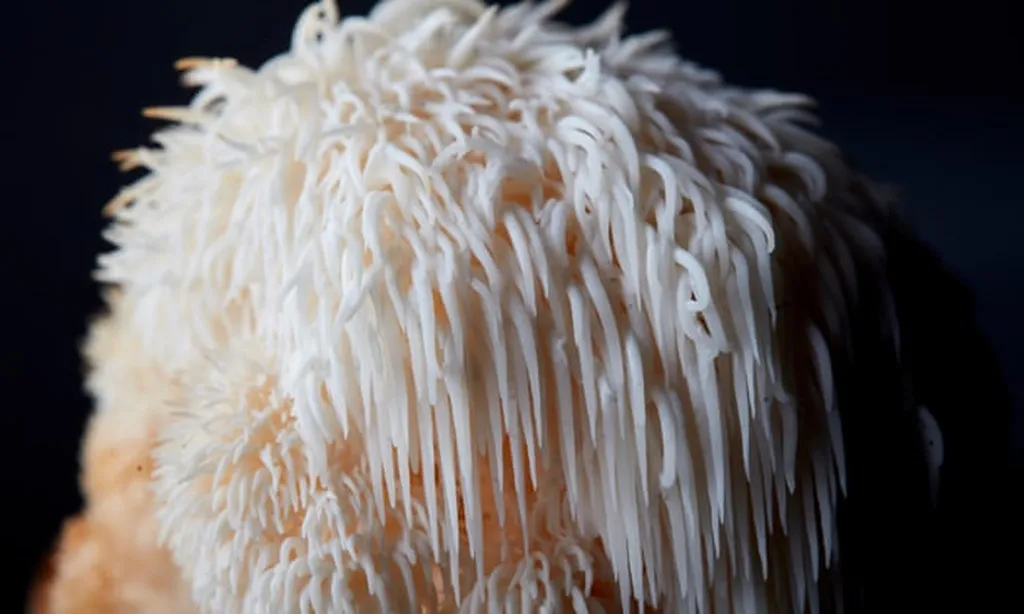In the quest to combat age-related immune decline, a groundbreaking study published in the Journal of Functional Foods has unveiled the potential of a heat-killed probiotic strain to regulate immunosenescence in aged mice. The research, led by Hiroka Sasahara from the Division of Biological and Agricultural Sciences at Shinshu University in Japan, opens new avenues for agricultural biotechnology and functional food development.
Immunosenescence, the gradual deterioration of the immune system with age, is a significant contributor to chronic inflammation and age-related diseases. Sasahara and her team investigated the effects of heat-killed Lentilactobacillus kefiri YRC2606 on immunosenescence in aged mice. The findings are promising, with the treatment showing a notable increase in the thymus index and a reduction in senescence marker expression in the spleen and kidney. “The suppression of proinflammatory cytokine levels and STAT3 phosphorylation in the YRC2606 group was particularly striking,” Sasahara noted, highlighting the potential of this probiotic strain to mitigate age-related immune dysfunction.
The study’s implications for the agriculture sector are substantial. As the global population ages, the demand for functional foods that promote health and longevity is on the rise. Probiotics, particularly those derived from agricultural sources, are at the forefront of this market. The identification of L. kefiri YRC2606 as a potential regulator of immunosenescence could drive the development of novel probiotic products, enhancing the agricultural sector’s role in health and wellness.
Moreover, the research underscores the importance of exploring the benefits of heat-killed probiotics. Unlike live probiotics, heat-killed strains are more stable and easier to incorporate into various food products. This stability could lead to innovative agricultural biotechnologies, such as probiotic-enriched crops or functional animal feed, further expanding the agricultural sector’s impact on human health.
The study also sheds light on the IL-6/STAT3 signaling pathway, a key mediator of inflammation and senescence. By suppressing this pathway, L. kefiri YRC2606 demonstrates a unique mechanism of action that could inspire future research into targeted therapies for age-related diseases. “This is just the beginning,” Sasahara remarked, hinting at the broader implications of their findings for the field of aging research.
As the world grapples with an aging population, the need for effective interventions to combat age-related diseases has never been greater. This research not only advances our understanding of immunosenescence but also paves the way for innovative agricultural biotechnologies and functional foods. The potential of L. kefiri YRC2606 to regulate immunosenescence offers a glimpse into a future where agriculture and health are increasingly intertwined, shaping the development of novel solutions for an aging world.

